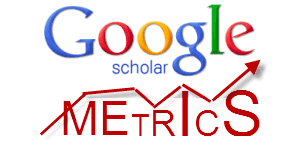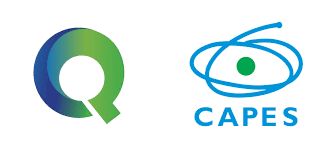Quality of Life in Teleworking: a case study in the Court of Justice of the State of Minas Gerais.
DOI:
https://doi.org/10.54372/pc.2024.v19.3590Keywords:
Telework, Quality of Life, Quality of Life in Telework, Public SectorAbstract
This research consists of a case study that sought to identify the perceptions of public servant of the Court of Justice of Minas Gerais in relation to Quality of Life at Telework. The interviews conducted with thirteen of these professionals were submitted to content analysis, whose categories were based on the theoretical methodological model of Ergonomics of Activity Applied to Quality of Life at Work, proposed by Ferreira (2012). As a main finding, it has that the perceptions of the participants are predominantly positive regarding the telework regime, and therefore, there is Quality of Life at Telework. The interpretation of the data also showed that the main positive perceptions are due, above all, to the flexibility of the work schedule, proximity to the family, autonomy to organize and perform the work, use of communication tools, reduced commuting, greater ability to concentrate, reconciliation between work and personal life, greater autonomy and flexibility to organize their own routine, higher productivity and quality of work. The main negative perceptions reveal concerns related, especially, to slowness and problems in the systems, social and professional isolation, socio-professional conflicts, difficulties between work/life balance. This study made theoretical, methodological and managerial contributions by deepening the investigation about quality of life in telework, bringing the worker to the center of the discussion. It alerts to the need to rethink work processes, which have been moving towards the purification of their relationships, extracting their human factors, leaving only technical and professional aspects.
Downloads
Published
How to Cite
Issue
Section
License
Copyright (c) 2024 Erlando Bessa

This work is licensed under a Creative Commons Attribution-NonCommercial 4.0 International License.




















